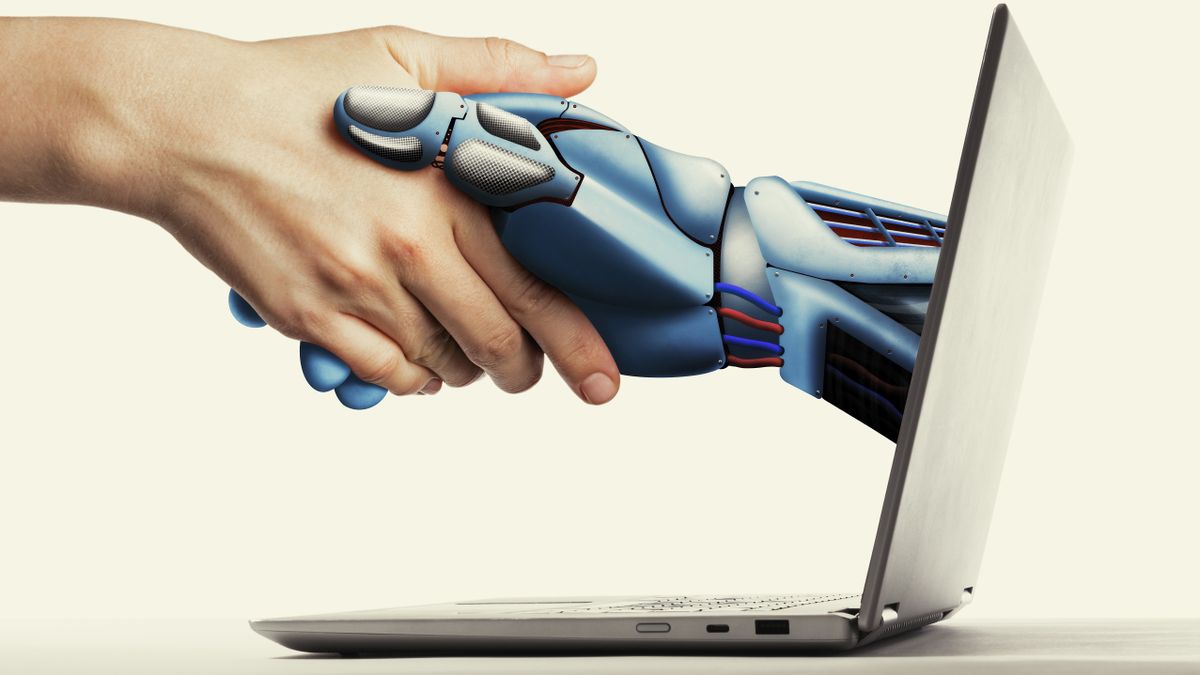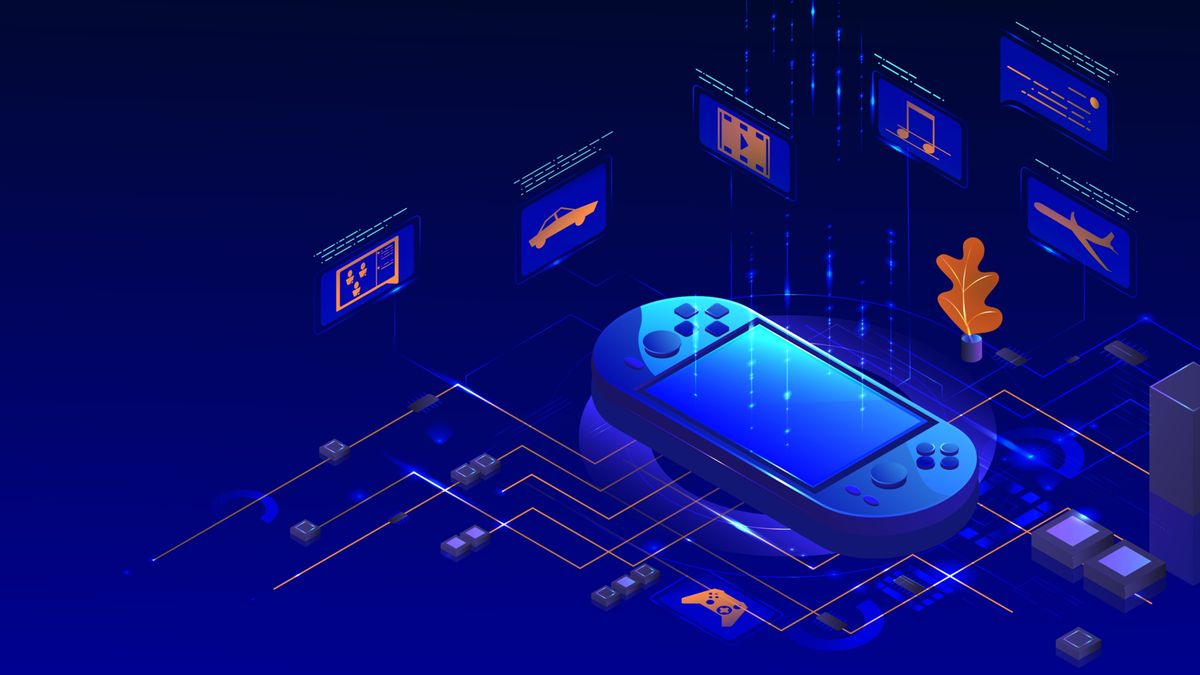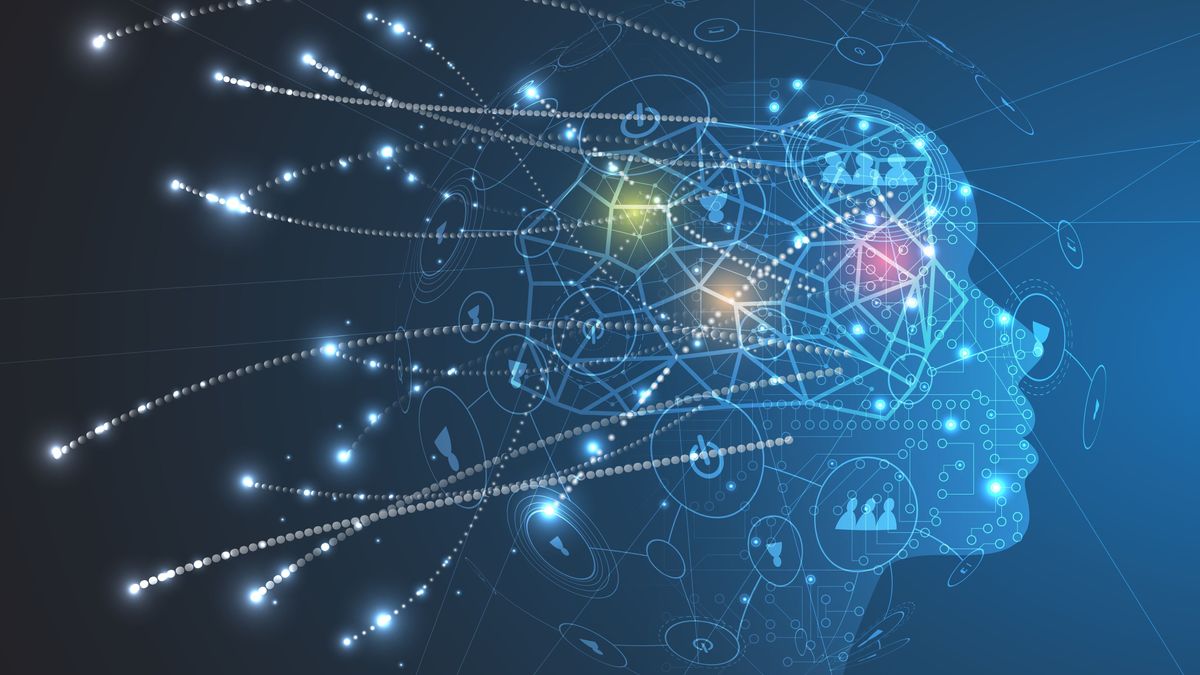Businesses are investing more in AI than hiring and retaining talent, with 60% of business leaders reporting higher expenditures on AI technology and tools, according to new research from G-P. However, AI and talent investment are not mutually exclusive.
In reality, business leaders shouldn’t see tech and talent as opposing each other. AI can significantly enhance recruitment practices and employee satisfaction, working hand in hand with human work to facilitate more informed HR practices, enhance HR processes, and ultimately, improve employee retention.
How might the right AI implementation help with talent acquisition and retention?
Head of HR at G-P (Globalization Partners).
Attracting the new ‘Gen Global’ workforce
As new generations enter the workforce, employers are increasingly compelled to address demands for modern technology, flexible working, and a digital environment. The latest cohort of workers – Gen Global – especially embrace globalization and welcome technologies such as AI.
This generation has a massive appetite for exploring new technology and the efficiencies it can bring to their roles. They believe it will help them achieve better career growth, serve as a catalyst to improve workplace flexibility and allow them to focus on more creative, value-added, and impactful tasks. In fact, by 2030, nearly 60% of the workforce will be comprised of Gen Z & Millennials, and 68% say they would consider leaving their jobs if their organization failed to meet their digital experience needs.
Only by embracing a business culture that provides access to cutting-edge AI tools and technologies can companies attract the tech-savvy new generation of employees to their workforce.
Enhance, not replace: balancing AI integration with a human-centric approach
Organizations must set strategies where AI technology complements and supports human work by making it more efficient and scalable, rather than replacing it. This approach is especially critical given that 84% of leaders plan to invest more in AI this year.
Significant investment in AI shouldn’t come at the expense of human capital or workforce development. Maintaining a balance is vital for long-term success and employee satisfaction.
A human-centric approach is crucial for talent retention. Balancing technology with a focus on employee well-being ensures a motivated and committed workforce. Although Gen Global may be enthusiastic about AI, organisations must remember that humanity is the heart of the technological revolution. Maintaining a human-centric approach is key to retaining top talent and fostering long-term employee loyalty.
Inclusive approach to AI adoption
AI adoption offers company-wide advantages, extending beyond technical roles. Non-technical roles can also leverage AI tools to enhance job performance, helping everyone become more effective and efficient. Embracing its adoption as a comprehensive strategy can benefit the entire organization.
But according to G-P research, despite 81% of businesses reporting that their organization had an established AI program, nearly all (97%) leaders had concerns about their AI plans or goals. This indicates that businesses are just scratching the surface of exploring AI’s potential and need greater clarity around AI tools to ensure they can harness its potential effectively.
That said, AI is increasingly seen as essential for business, with more than two-thirds of business leaders believing that AI is critical for global operations. AI’s role in the workplace is pivotal for driving operational success and enhancing employee satisfaction in the evolving global market. Incorporating AI into business strategy and processes is not just about staying competitive; it’s about creating a work environment that appeals to the new generation of global talent.
Ultimately, by integrating AI thoughtfully and ethically, businesses can optimize their workforce, ensuring they attract and retain the best talent. It’s clear that a comprehensive AI adoption strategy can provide tools and efficiencies that benefit all employees – both technical and non-technical – and better ensure future business success.
We’ve featured the best employee management software.
This article was produced as part of TechRadarPro’s Expert Insights channel where we feature the best and brightest minds in the technology industry today. The views expressed here are those of the author and are not necessarily those of TechRadarPro or Future plc. If you are interested in contributing find out more here: https://www.techradar.com/news/submit-your-story-to-techradar-pro





